Indra has just published the results of a nationwide survey into the latest attitudes and opinions of UK drivers towards electric vehicles, charging and electrification overall. The results are surprising in places, with 37% of the drivers surveyed believing that petrol is actually much cheaper than electricity for modern cars. WhichEV dug a little deeper into the data.
Founded 10 years ago, Indra is a UK-based company that's determined to grow the market for Vehicle to Grid (V2G) and Vehicle to Home (V2H) charging – under the umbrella term Vehicle to Anything (V2X).
The company's research revealed that over 59% of the 2,000 drivers surveyed massively over-estimated the cost for charging an EV – with some believing that it could cost up to £200 for a single charge. That's certainly a ‘win' for the petro-chemical industry's PR machine.
These perceptions are contrary to real-world findings, where EV running costs are generally much lower than those of petrol and diesel cars, especially when charged at home.
For example, the average cost of fuelling a petrol 1.5 litre Seat with a 50 litre tank is £74. Indra says that this equates to around 16p per mile. Comparing that to a Kia e-Niro with a 64kWh battery and you can charge from empty for around £22 at home (calculated with Eon Net Flex at just under 33p/kWh). As any experienced EV driver knows, with a home charger that figure will drop even further – perhaps closer to £7 for a full tank of electrons.
So what were the other key results from the survey?
- 47% worry about the environmental impact of petrol/diesel cars
- 50% are concerned by the high purchase price of new EVs
- 70% stated that a lack of public charging facilities was not a factor in them moving to an EV
- Only 16% of the general driver population believed that EVs are the cheapest car to run
- 77% said that they wanted more control over their home energy bills
It's that last number that is of particular interest to Indra. The company believes that as more and more people move to electric vehicles – and those vehicles are fitted with larger capacity/longer-lasting batteries – then a significant percentage of the nation will start to use their EV as a battery for cheap, overnight power.
At the most basic level, you can fill your tank with electrons at the lowest price possible overnight, then use that power back inside your home the next day when your tariff has shot up by 300% or more. We have reported on small-scale trials in the past and this is definitely an area that's attracting interest.
But Indra wonders “What if every EV driver was buying/storing/supplying power every day – as a natural part of their lives?” One example highlighted in the company's ‘2033 Vision' video, is the idea that you might park at a hospital or other public building – and pay for parking with a small amount of juice. Maybe even pay for theatre or cinema tickets the same way.
Mike Schooling, founder and Chief Product Officer at Indra, told media: “It is already significantly cheaper to run an EV compared to a petrol or diesel vehicle, and this will only improve as we move towards widespread adoption of bidirectional or V2X charging.”
“Bidirectional charging technology takes savings on transport costs to whole new level, enabling EV drivers to… power their homes or even trade it back to the grid at peak energy times, when prices are typically at their highest,” he explained.
Indra claims to have developed a revolutionary technology back in 2018, when it delivered the first proven bidirectional charger. This was part of a large-scale trial known as Project Sciurus. Trialists of Indra’s technology have repeatedly achieved savings of around £100-200 on their monthly energy bills.
With 61% of drivers admitting they feel they have no control over their home energy bills and 65% believing that turning off appliances is the only way to reduce them, it’s not hard to see how almost half (49%) said bidirectional charging would tempt them to buy an EV.
Although this technology is not yet available outside of trials, Indra says it is part of small number of leading businesses in this space who have been awarded government-backed funding from the V2X Innovation Programme to help enable large-scale adoption of this game-changing technology.
“Bidirectional charging will fundamentally change the way we view and interact with energy and our cars and vans,” added Mike Schooling. “EVs will effectively become mobile batteries on wheels for harnessing, storing and then using greener, cheaper energy to power our homes or sell back to the grid.”
“In the future, we will no longer be tied to a traditional energy infrastructure, but will be able to access, trade and share energy. This means that EVs and bidirectional charging could play a hugely significant role in creating a flexible, sustainable energy eco-system and enabling the government to achieve its net zero ambitions.”
The cause seems worthy, so it will be interesting to see just how quickly the UK driving population moves toward widespread storage of power in their EV.


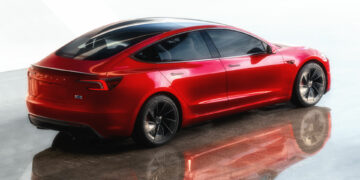
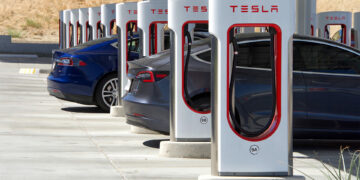


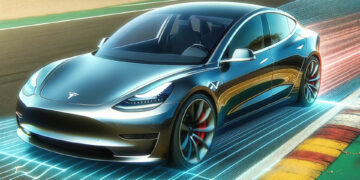

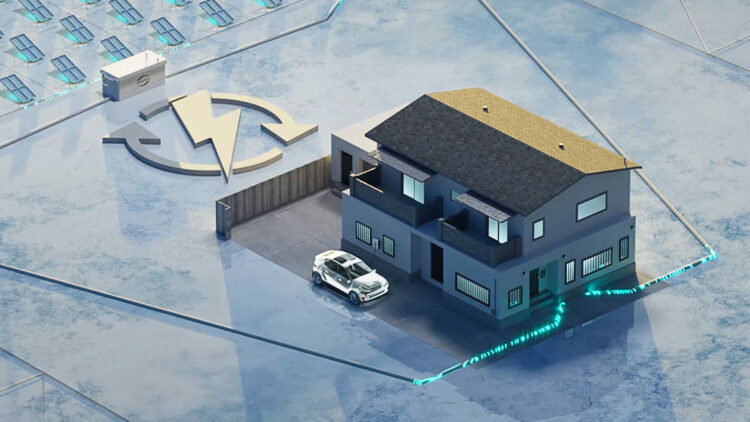
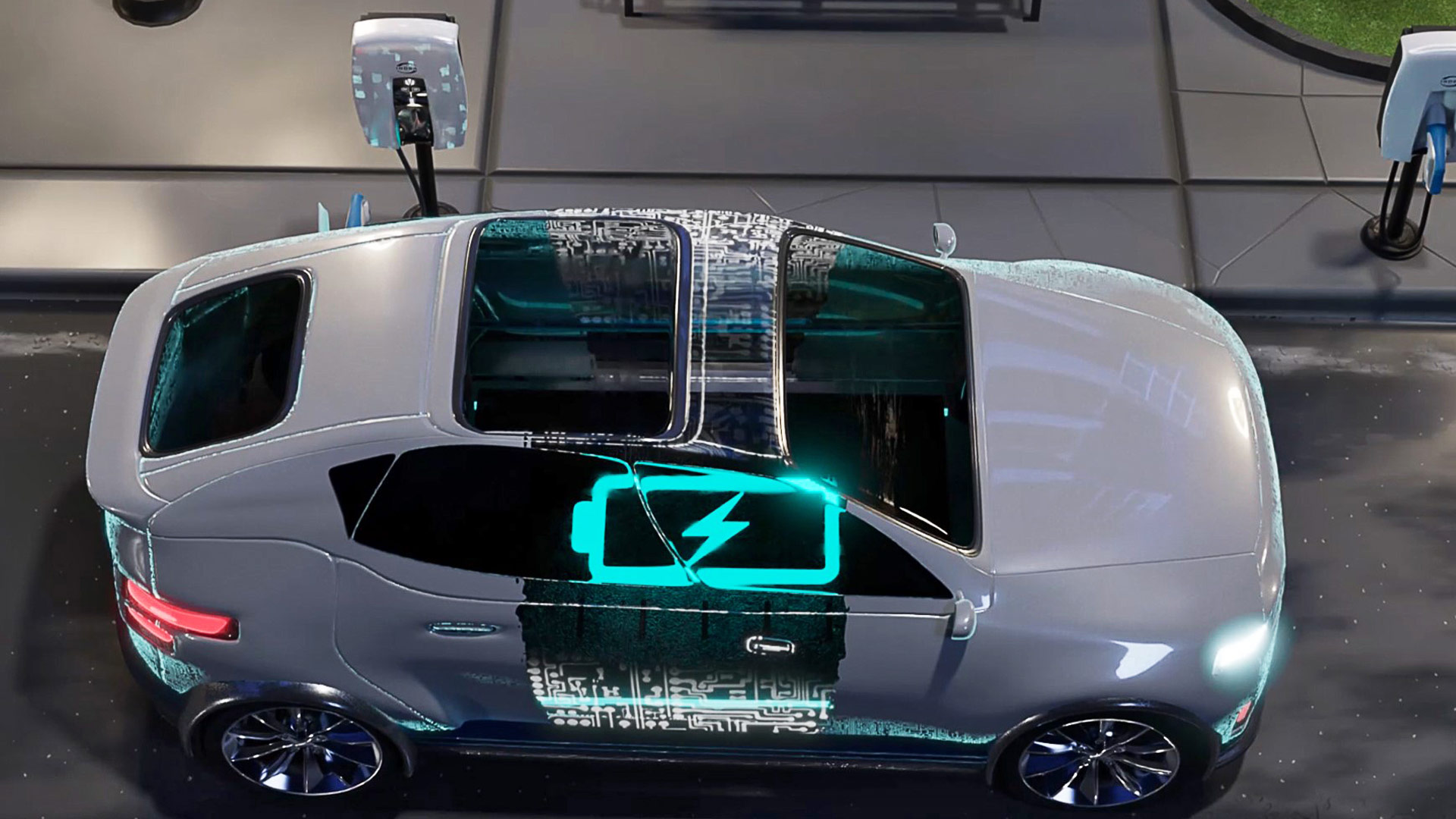









Discussion about this post